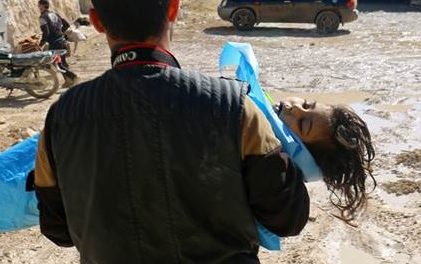For most readers, it’s hot out there. Currently, the Washington Post Capital Weather Gang blog is on watch to see if today will be the hottest day in DC history (currently at 104)… it is already the tenth day in a row over 95 degrees. So it’s hot, and it’s sustained hot. Of course, I don’t need to mention to most that a freak storm sped across the country last Friday, knocking out almost half of the power in the DC area. Yesterday, a Metro train derailed during rush hour because of a “heat kink” in the exposed tracks. And it’s not just here – currently going viral on YouTube is a video of an SUV going airborne because of a pavement buckle on a highway in Wisconsin. And of course very pessimistic things are starting to be said about this year’s Midwestern corn crop. That corn, of course, feeds the cattle and our gas tanks.
As weatherman Paul Douglas (whose blog is one of the best for detailing issues of meteorology and global warming) noted, even skeptics are starting to recognize the overall patterns:
Here’s an excerpt of a post from investors.com: “…This is the point in the column where I’m obliged to insert the disclaimer that no one event — no heat wave, no hurricane, no outbreak of tornadoes or freakish storms — can be definitively blamed on climate change. Any one data point can be an anomaly; any cluster of data points can be mere noise. The problem for those who dismiss climate change as a figment of scientists’ imagination, or even as a crypto-socialist one-worldish plot to take away our God-given SUVs, is that the data are beginning to add up. The National Oceanic and Atmospheric Administration says the past winter was the fourth-warmest on record in the United States. To top that, spring — which meteorologists define as the months of March, April and May — was the warmest since record-keeping began in 1895. If you don’t believe me or the scientists, ask a farmer whose planting seasons have gone awry.”
What is most striking about the last 10 days in DC is that incidents like the freak storm and the Metro “heat kink” suggest that sustained high temperatures just somewhat above what we are used to (i.e. 90 degrees) are not just going to produce trauma for farmers and animals unable to adjust. Moreover, it is not simply the case that we can retreat into our air-conditioning and simply find all of this a bit unpleasant. Sustained heat and extreme weather events are economically and practically disruptive to the ordinary systems of our cities, too.
Of course, the commitment to care for the environment, and move toward a more sustainable lifestyle long-term, are not simply about disaster-film scenarios. Indeed, that’s part of what makes this issue such a difficult one. It would be nice to imagine that some single incident or set of incidents will “suddenly” lead to a change in the right direction… but this is no dramatic, Supreme-Court-case style issue. It has been a long, slow drive, decades-long, into unsustainability. And it’s long, slow work to change. Blogs undoubtedly privilege breaking news. So a heat wave and its calamities provide some incentive to “wake up.” We get wake-up calls on other issues all the time. But as Pope Benedict remarks:
The book of nature is one and indivisible: it takes in not only the environment but also life, sexuality, marriage, the family, social relations: in a word, integral human development. Our duties towards the environment are linked to our duties towards the human person, considered in himself and in relation to others. It would be wrong to uphold one set of duties while trampling on the other. (CV, 51)
It would nice to imagine an ethic of solidarity, one that saw solidarity with God, others, and the Earth as all part of one whole, none of which can truly be realized apart from the others.



